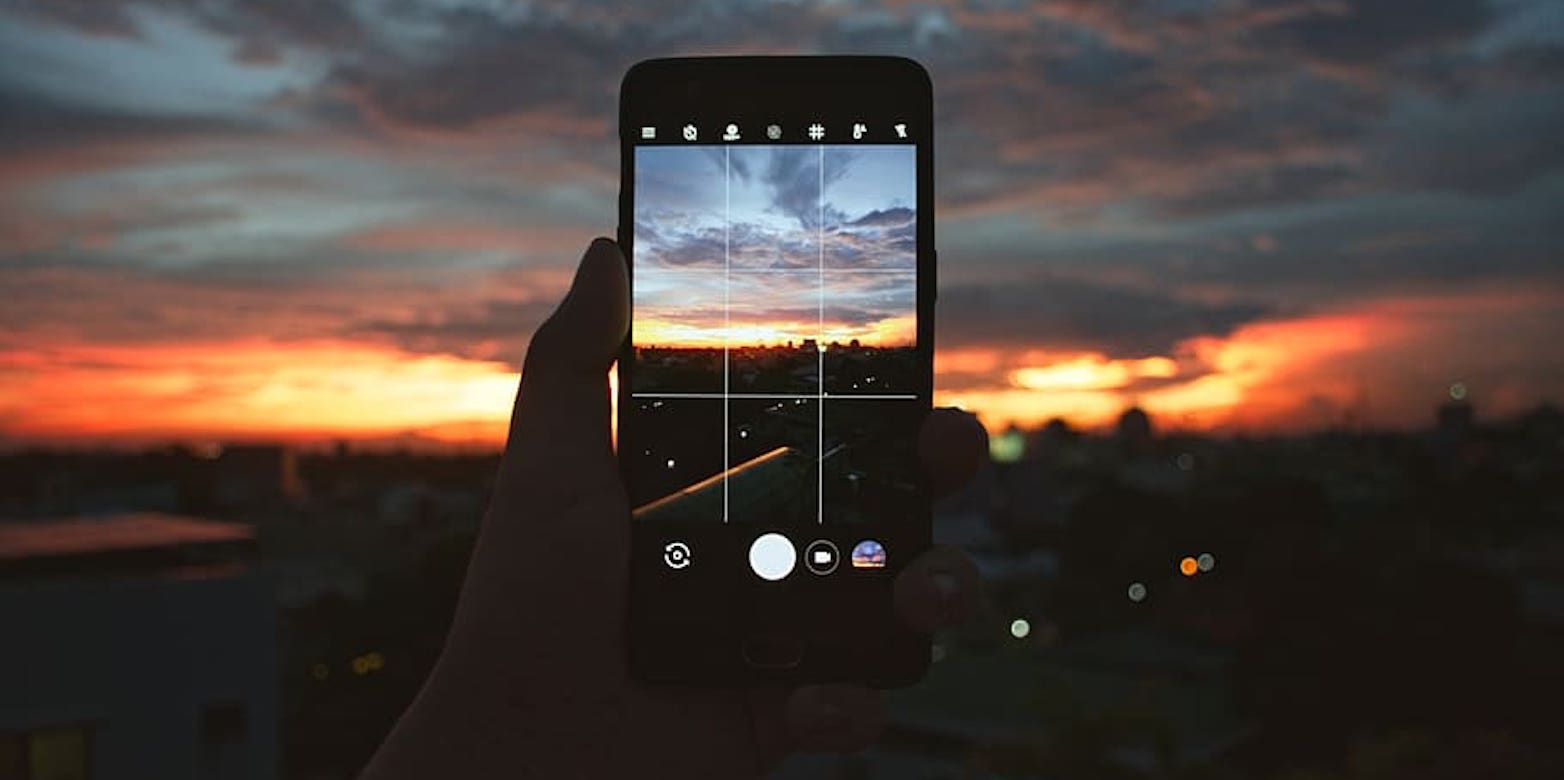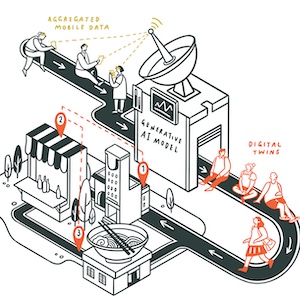Episode 11: Digital twin travellers
How can mobile phone data be used to improve transport planning without compromising on user privacy? Cuauhtemoc Anda discusses how we can create a city of digital twin travellers.

Amidst public fear of data misuse and privacy breaches, how can we address the positive use of mobile phone data as a method to improve transport planning?
Telecommunication companies collect massive amounts of data on a daily basis. The information gathered can be used for apps which use location-based services or simply to target audiences. However, it has also drawn a lot of attention in the research community and has the potential to make our transport system better.
In this episode, Cuauhtemoc Anda, PhD researcher with the Engaging Mobility research group at the Future Cities Laboratory programme, discusses how we can create a city of digital twin travellers to assess changes in transport policies, infrastructure, and also evaluate the introduction of new modes of transport. These digital twin travellers are generated from user-aggregated mobile phone data, which allows smart planning applications it to collect data on urban mobility without comprimising on the privacy of users.
Cuauhtemoc Anda is a data scientist and an urban computing engineer. Trained in the fields of robotics, machine learning and artificial intelligence, his research interest lies in using methods derived from these disciplines to improve the liveability of cities in the context of Big Data in the Smart City. He is part of the Engaging Mobility group where his research focuses on developing big data-informed agent smulations for transport planning (Big-Data MATSim).
